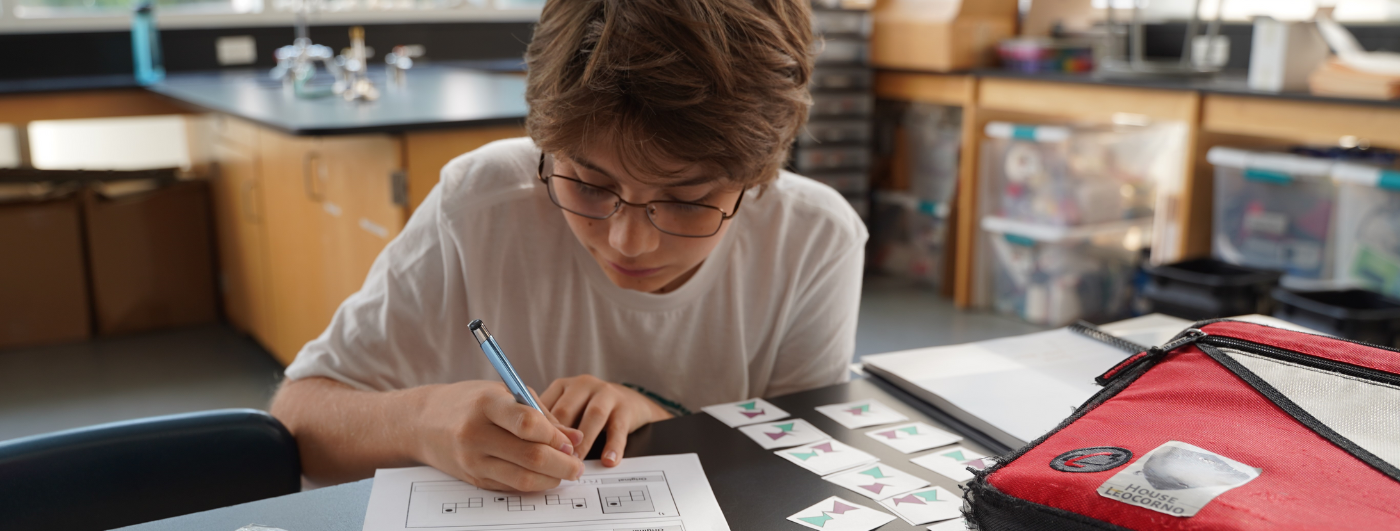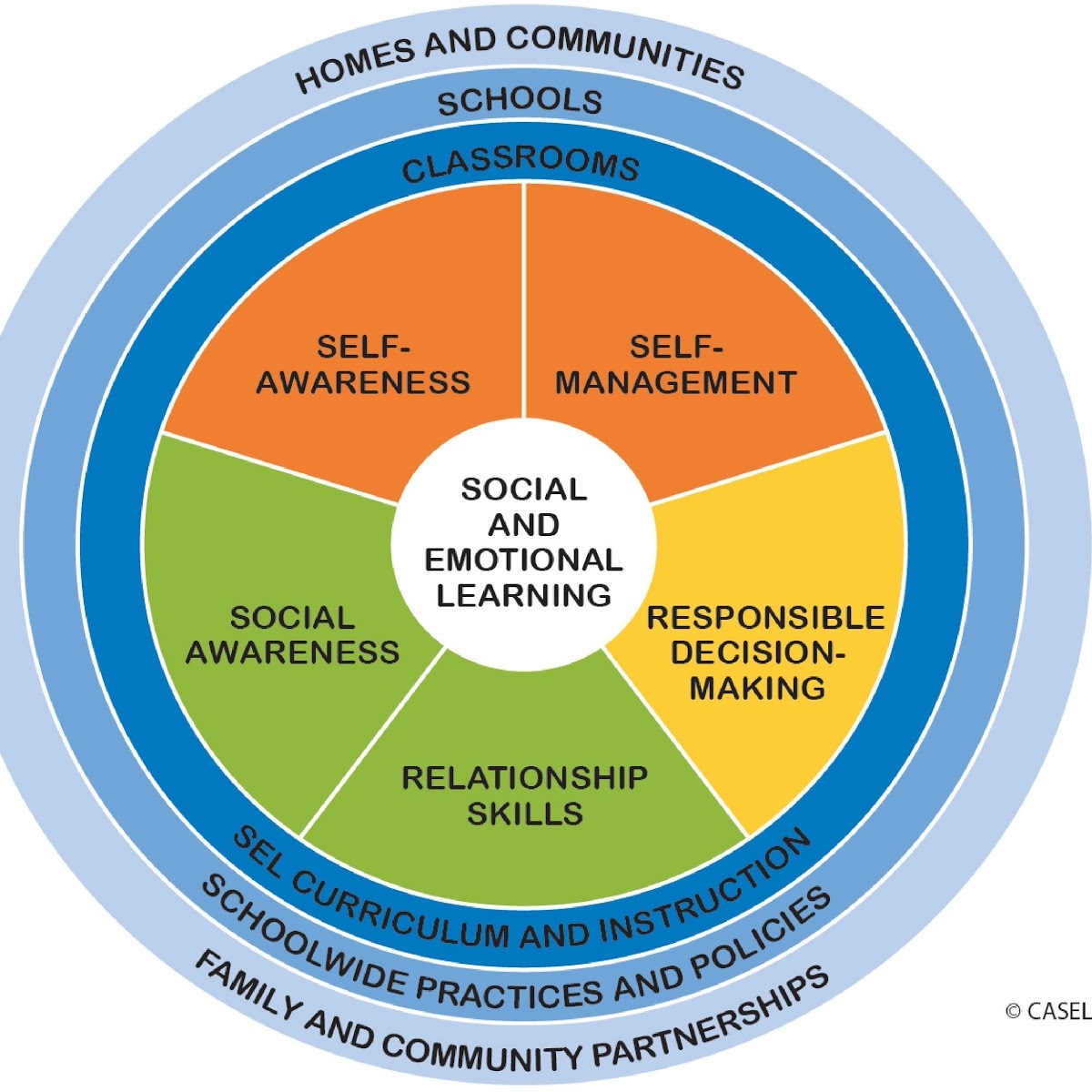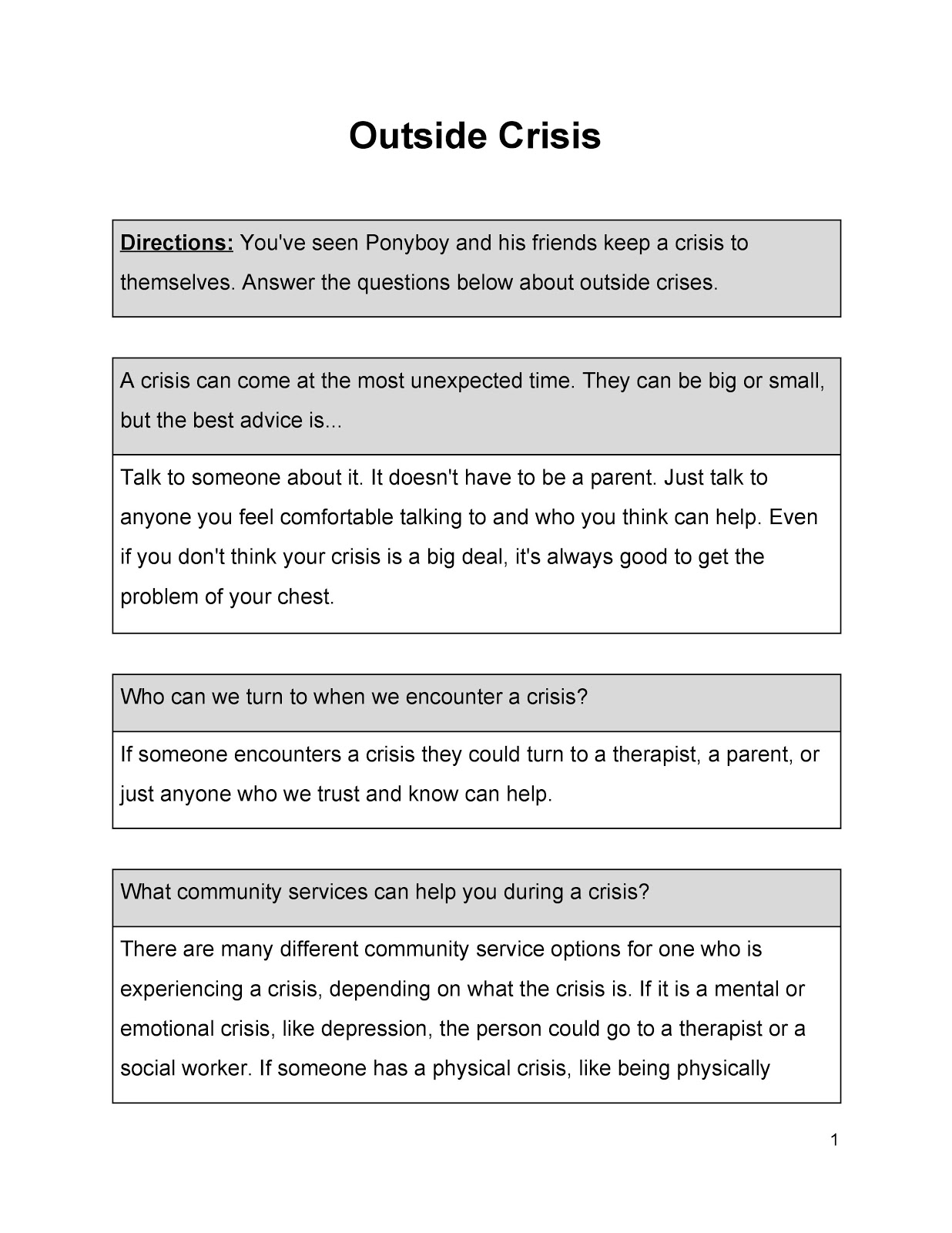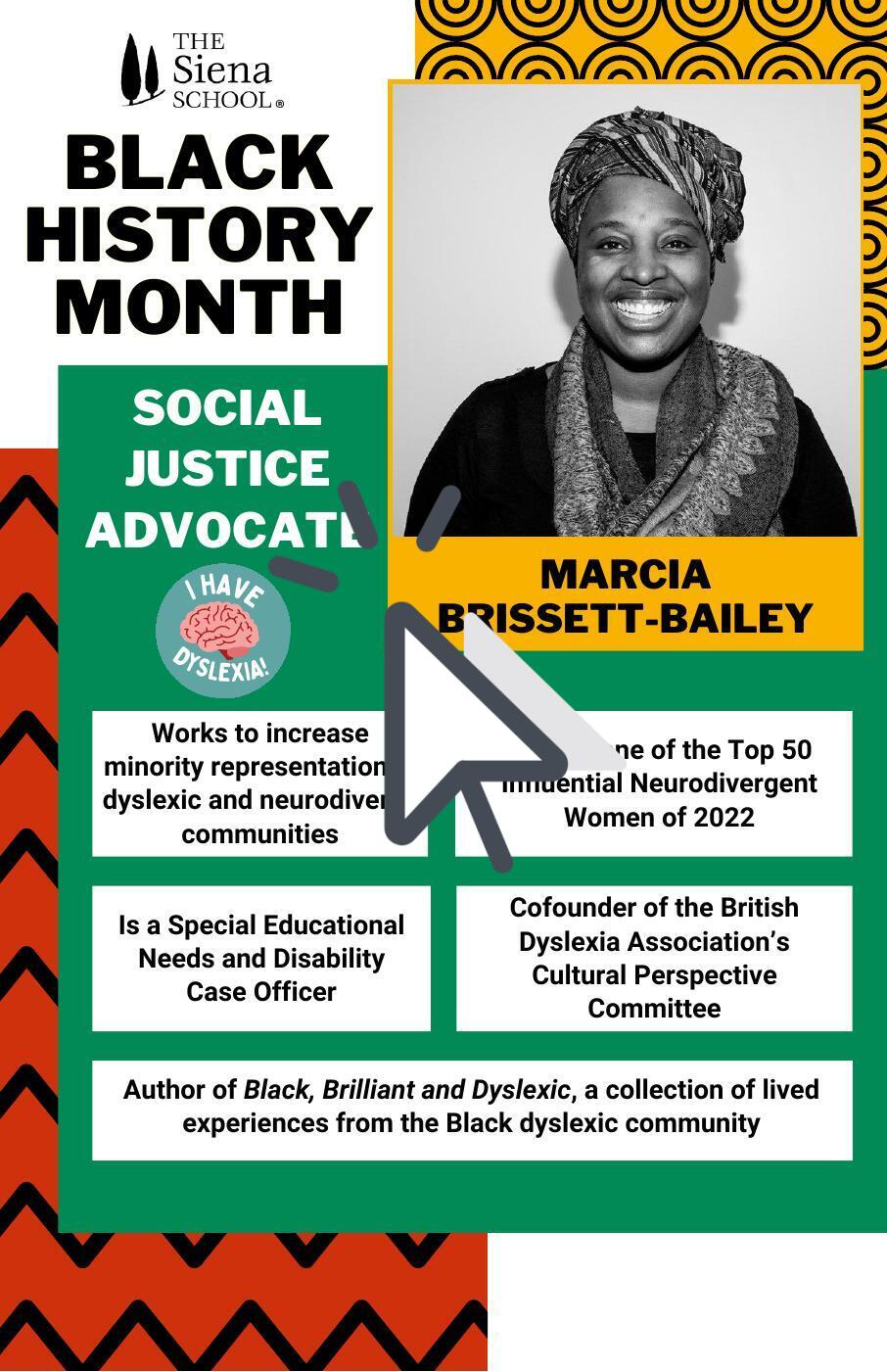Written by Maya Furukawa, Middle School English Teacher at The Siena School.
Why social-emotional learning?
According to
Merriam-Webster, a school is "an institution for the teaching of children." It should thus come as no surprise that teaching expands beyond the confines of the academic. Grammar, punctuation, reading comprehension, and written language expression are all necessary and important parts of education; however, we would be remiss if we were not to apply the "teaching of children" to the areas of social-emotional growth.
What is social-emotional learning?
The
Collaborative for Academic, Social, and Emotional Learning (CASEL) is a fantastic resource for social-emotional learning (SEL). It provides insight not only into the core SEL competencies but guidance on how to identify and nurture those competencies. These five main competencies include:
These are the competencies that make us successful in our day-to-day interactions. They are the skills which help us"read" a room during a presentation or self-motivate when we are behind on a deadline. In our personal lives, these are the skills which keep us from telling our partner that their outfit isn't as becoming as they think or empathize with a friend who is going through a difficult experience. These are the skills we use instinctively every day, but like all skills, they were finely honed by those around us as we grew and developed.
What does this look like in the classroom?
SEL looks different in every classroom. In my English classroom, "why" questions regarding characters' motives are often a good place to start. For example, while reading Twelfth Night by William Shakespeare, I might ask students:
- Why did Viola disguise herself as a man?
- Why does Antonio follow Sebastian into town, even though it is dangerous for him?
As students examine characters' motives, they will be forced to similarly examine their own. This indirect connection allows students to develop important social-emotional skills without saying so overtly.
That said, a more direct approach works as well. During my unit on The Outsiders by S.E. Hinton, students complete an assignment entitled "Outside Crisis." Students are asked questions based on Ponyboy and the Greasers' decision to keep their crisis to themselves. The assignment begins by asking students to provide advice to others regarding what to do in a crisis. They are then asked to identify more specific, personal things, such as:
Lastly, students are asked what they would do: would they tell an adult about a problem they are unable to resolve? Would they help a friend in need? Through these more direct activities, students are pushed to relate directly to the characters and apply their individual social-emotional analysis skills to the situations.
The Gist
Schools are meant to teach the "
whole student." This includes the scientific process, Algebra, essay composition, and music. It includes the history of World War II and how to draw from different perspectives. But it also includes how to relate to your peers or control your impulses. Educating the whole student means working through academics, social skills, emotional management, and so much more.










